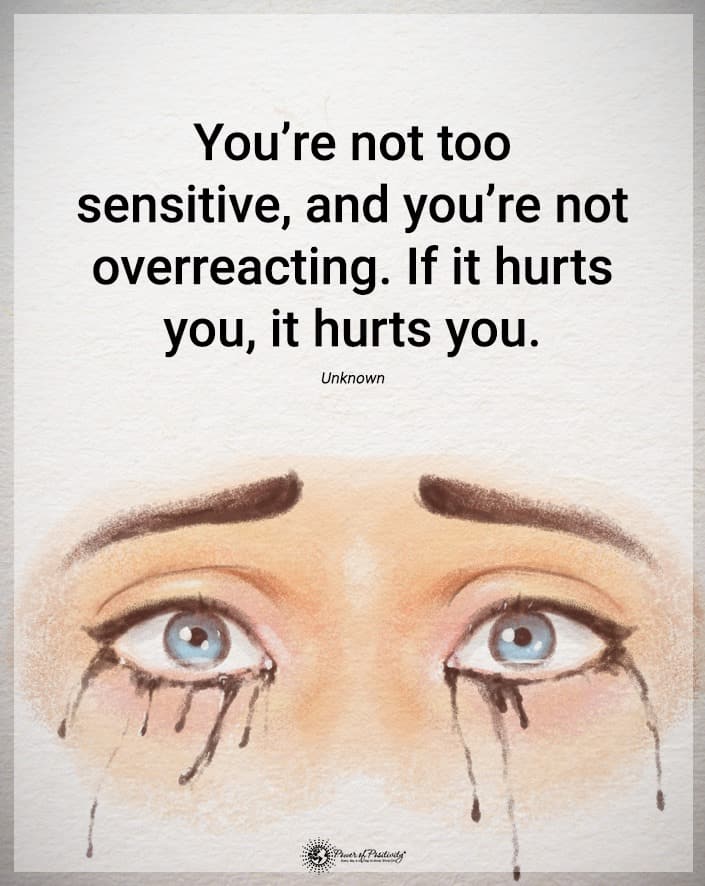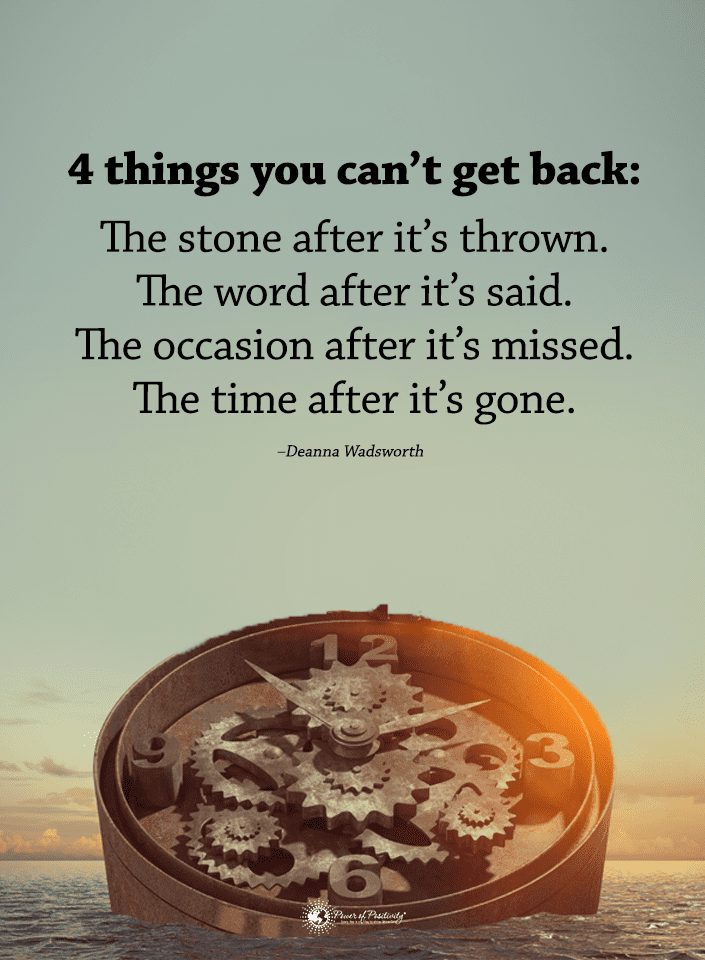Crying is often seen as a sign of weakness, particularly among men who learn (unfairly!) to suppress their emotions and “toughen up.”
However, recent research suggests that crying is a healthy and beneficial way to deal with difficult emotions and can be a sign of strength rather than weakness. Crying is a natural physiological response that helps to release pent-up emotions, reduce stress and improve mental well-being. It is a way for the body to regulate and process emotions and can lead to a sense of catharsis and relief.
Crying can also be a sign of resilience and strength. It takes courage and vulnerability to be open and express emotions, particularly in a society that often stigmatizes emotional vulnerability. Crying can also be a way to connect with others and build relationships, as it signals a willingness to be honest and authentic. By allowing oneself to cry and experience emotions, individuals can better cope with difficult situations and build resilience over time. In short, crying can be a powerful tool for emotional regulation and a sign of strength rather than weakness.
“Crying is all right in its way while it lasts. But you have to stop sooner or later, and then you still have to decide what to do.” – C.S. Lewis
Crying is our emotional connection with the world. This simple act is often seen as a weakness when it demonstrates our strength in us. It allows us to celebrate the positive and helps us to let go of the negative things in our lives.
There are three types of tears:
- Continuous tears keep the surface around the eye moist to protect against infection.
- Reflex tears flow when something irritates the eye area.
- Emotional tears have a different chemical makeup and can be a natural painkiller.
Regardless of the type of tears you are shedding, crying is a natural reaction of our body and one that promotes a healthier mind.
Here are seven reasons why it is perfectly okay to cry:

1. Tears help you let go and move on.
Pretending everything is okay doesn’t solve anything; it leads to a wealth of pent-up emotions. A good cry is a great way to release the need to hold onto something no longer service. Carrying around emotional baggage can affect your mental health, so cry and let it out.
2. Tears have numerous health benefits.
Crying releases toxins and kills bacteria. It is our body’s natural defense against all those pesky germs in familiar public places. Our body is designed to protect us and will take necessary measures to prevent bacteria from getting in. It also works to eliminate foreign elements, so remember that next time you try to stop the tears.
3. Tears help release high levels of stress.
Crying “is believed to release stress hormones or toxins from the body,” says Lauren Bylsma, a Ph.D. professor at the University of Pittsburgh. Crying is a function of the parasympathetic nervous system responsible for relaxation. When you cry, you are likely releasing stress as your body relaxes. That is why a good cry feels so good.
4. Tears help process grief and loss.
“To weep is to make less the depth of grief.” – William Shakespeare
Losing someone or something important is tragic. It is a feeling that engulfs you to the point that the only relief happens through tears and a good hug from a close friend.
We often hold back our tears to make it easy for others, but that is not our best approach. Don’t pretend to be strong to make others feel more comfortable.
Instead, focus on what you need to get through that moment. Crying can be comforting, and your tears become your best friend as you work through your loss.
5. Tears help someone who is depressed feel better.
Crying is scientifically proven to make you feel better. Crying will rarely make you feel worse than what prompted you to cry in the first place. It is a release of pent-up energy and emotions.
Crying helps to regulate the highs and lows of emotional extremes. Tears are essential in helping to get out of moments of intense feeling without injury. Crying, especially when feeling down, shouldn’t embarrass you. Instead, it says you are learning to manage your mental health.
6. Tears are a sign of strength.
Crying is a sign of strength, regardless of what society says. It takes strength to show vulnerability. So stop worrying about what others think and cry if you want to.
“There is a sacredness in tears. They are not the mark of weakness, but of power. They speak more eloquently than ten thousand tongues. They are the messengers of overwhelming grief, of deep contrition, and of unspeakable love.” ~ Washington Irving
7. Tears help you feel when you don’t know how you feel.
Have you ever cried because you didn’t know what to do or how to feel? Sometimes life gets to be too much. It’s hard to stay composed when the next step isn’t clear, and the thought of figuring it out is a bit overwhelming.
A good cry might be the ticket. It releases stress, makes us feel better, and can help foster creative thinking. After feeling the release crying brings, it’s common to experience more energy and new ideas about tackling the challenges we face.
We already mention that tears can make acquaintances feel uncomfortable, but by not crying, you can suppress your feelings to a point where you might not be able to recognize them in the future.

Final Thoughts on Crying Being a Sign of Strength
Crying is not a sign of weakness but rather a sign of strength and resilience. It is a natural and healthy way to process and regulate emotions and can lead to a sense of catharsis and relief. By allowing oneself to be vulnerable and express emotions, individuals can build deeper connections with others and develop greater emotional intelligence. It takes courage to cry, and it is essential to recognize that doing so is not a sign of failure but rather a sign of strength. So next time you feel the urge to cry, don’t hold back – embrace it as a powerful tool for emotional regulation and a sign of your inner strength.
So cry freely and with pride, knowing you are doing what is right and natural to promote your physical and mental well-being.






